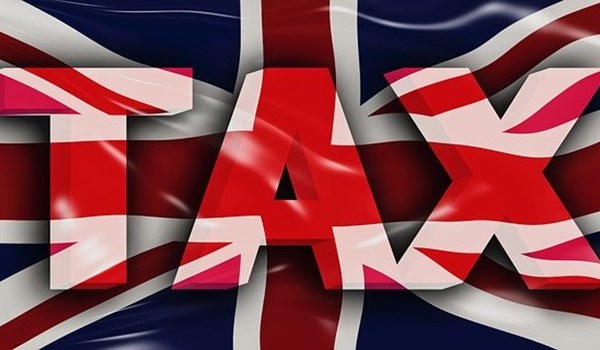he Internal Revenue Service (IRS) has announced it will crack down on ultra-rich earners who have not filed tax returns in recent years.
Starting this week, the government agency will attempt to claw back hundreds of millions of dollars in unpaid taxes that have been detected in 125,000 instances. Non-compliance notices will be sent to people earning in excess of $400,000 a year who did not file a federal income tax return between 2017 and 2021.
In a release on Thursday, the IRS said it did not know how much money was owed but estimates there are “hundreds of millions of dollars of unpaid taxes”. The IRS said it will send 25,000 notices relating to those “with more than $1 million in income, and over 100,000 to people with incomes between $400,000 and $1 million between tax years 2017 and 2021.”
In total, the non-filers are believed to have engaged in financial activity worth more than $100 billion, the IRS said.
Compliance alerts, also know as CP59 notices, will be sent to those believed to have evaded paying taxes. The IRS said around 20,000 to 40,000 notices will be sent each week, starting with the filers in the highest income categories. Newsweek has contacted the IRS for comment via email outside of normal working hours.
“At this time of year when millions of hard-working people are doing the right thing paying their taxes, we cannot tolerate those with higher incomes failing to do a basic civic duty of filing a tax return,” said IRS Commissioner Danny Werfel. “The IRS is taking this step to address this most basic form of non-compliance, which includes many who are engaged in tax evasion.”
The plans are part of a larger scheme being undertaken by the IRS to clamp down on tax evasion. Admitting that tax compliance measures have fallen short in recent years due to “severe budget and staff limitations,” the government agency has said funding from President Joe Biden’s Inflation Reduction Act means it now has capacity to go after rich tax avoiders.
In February, the IRS announced it is moving to reduce skirting of tax laws on private jets used by the ultra wealthy and major corporations. Audits will be conducted on private jet users to ascertain whether they are used for personal trips that are later written off as a business tax deduction.
According to a release from the IRS on February 21, current U.S. tax laws allow “a business deduction for expenses of maintaining an asset, such as a corporate jet, if that asset is utilized for a business purpose. However, the use of a company aircraft must be allocated between business use and personal use. This is a complex area of tax law, and record-keeping can be challenging.”



